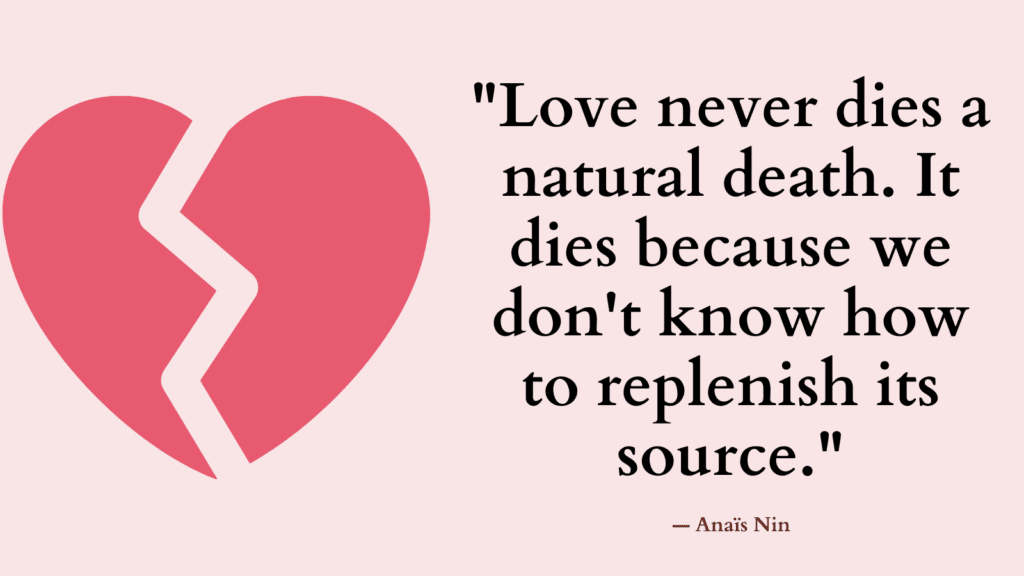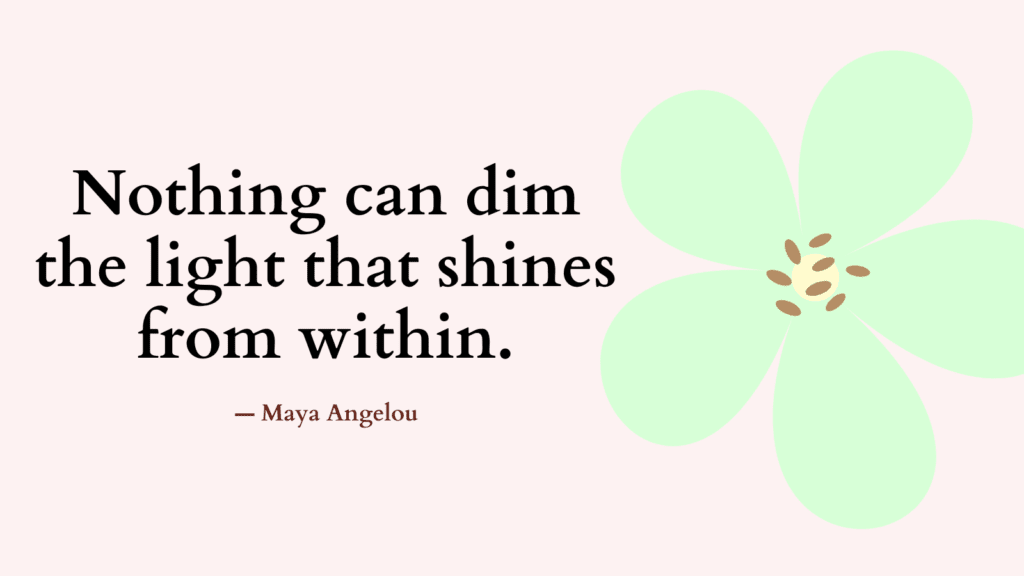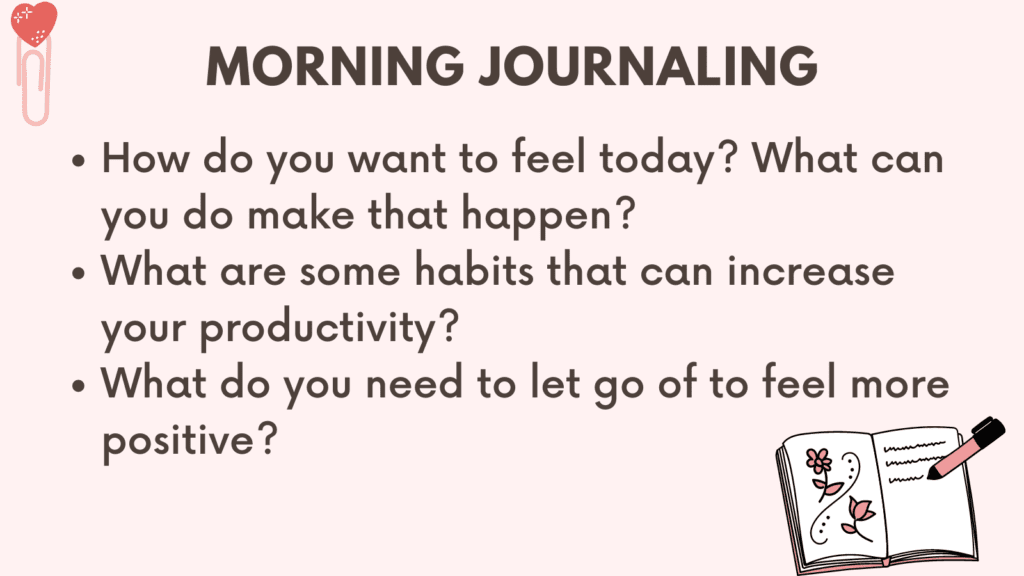This post contains some of the best journal prompts for toxic relationships.
What Is Journaling?
Journaling is a tool to process negative thoughts and feelings.
Writing down your thoughts is inherently therapeutic.
Why Journal?
Journaling has long been recognized as an effective way to cope with difficult emotions, like anxiety and depression.
Journaling can also be a great tool to open up and connect with yourself on a deeper level.
Journal Prompts For Toxic Relationships
If you’re contemplating the idea of leaving the relationship
1. What does a toxic relationship looks like to you?
2. Imagine your dream life. Would your partner be in it?
3. When your partner tells you they love you and care for you, do you believe it? Does it feel genuine?
4. How do you feel about your relationship?
5. When was the last time you felt positively about your relationship?
6. What makes you think your relationship is toxic?
7. When did you first realize your relationship was toxic?
8. What was the first red flag in your relationship?
Related: Yellow Flags In A Relationship
9. Why did you get into the relationship at the start?
10. What are your most important needs that aren’t being fulfilled in your relationship?
11. How does your family and friends react to your partner?
12. What is preventing you from leaving?
13. If you left the relationship, what benefits would you experience?
14. Do you think you will thrive without your partner? Why? Why not?
15. If you were free from this relationship, what are the things you’d like to do?
16. What are some actionable steps you can take to end your relationship?
17. What changes would your partner need to make for you to consider staying with them?
18. Does your partner know you’re unhappy? If not, how could you communicate this to them?
19. Does your partner seem happy to you?
20. Is there anyone you can talk to about your relationship?
21. Did anyone give you advice?
22. Have you always been drawn to toxic relationships?
23. If a dear friend was in your situation, what advice would you give them?
24. Was your parents’ relationship healthy?
25. What do you think a healthy relationship should look like?
Related: Best 6 Relationship Tips For Couples (ACT For Relationships)

If you have already left the relationship
26. What was the final straw that caused you to leave?
27. What made you stay in your relationship as long as you did?
28. Now you have left, can you see how toxic the relationship was more clearly?
29. What emotions did you experience when you ended your relationship? Did you feel relief?
30. What negative things were you told about yourself during your relationship? Are they true? Counter each one with a positive statement.
31. What is the biggest lesson that you learned from your relationship?
32. If you could go back in time, what would you have done differently?
33. What boundaries will you set with your next partner?
Related: How To Set Boundaries In A Toxic Relationship?
34. What qualities will you look for in potential partners?
35. Are you giving yourself enough time and space to heal?
36. Are there any emotions you’re avoiding or numbing?
37. Write down everything you feel angry about.
38. Write a letter to your ex. What would you most like to say to them?
39. What is something you love about yourself that your ex criticized you for?
40. What self-care practices are you making time for?
Related: How To Deal With A Breakup Without Closure? (Top 20 Breakup Advice)

How to Use Journal Prompts for Toxic Relationships?
1. Choose a prompt: Choose prompts that resonate with you or spark your curiosity.
2. Set aside time: Find a quiet and comfortable place where you can reflect and write without distractions. Set aside at least 15-20 minutes to write.
3. Reflect: Take some time to think about the prompt and what it means to you. What thoughts and feelings does it evoke?
4. Write: Begin writing freely and without judgment. Allow your thoughts and emotions to flow onto the paper. Don’t worry about grammar or spelling.
5. Review: Once you’ve finished writing, take some time to reflect on what you wrote. What insights did you gain? Did anything surprise you? Are there any patterns or themes that emerge?
6. Repeat: Try to make journaling a regular practice. Set aside time each day or week to write and reflect on a new prompt.
Over time, you may start to notice patterns and themes emerge that can help you better understand yourself.
Related: Best 10 Self Discovery Books
Conclusion
Journaling can help you cope with psychological issues and difficult emotions.
You can also use your journal to help you improve your habits and work on your self-improvement goals.
References
- How Journaling Can Help You in Hard Times (berkeley.edu)
- What’s All This About Journaling? – The New York Times (nytimes.com)
- Journaling for Mental Health – Health Encyclopedia – University of Rochester Medical Center
- Benefits of Journaling for Mental Health (5 Science-Based Benefits of Journaling for Anxiety and Depression)) | Holstee



